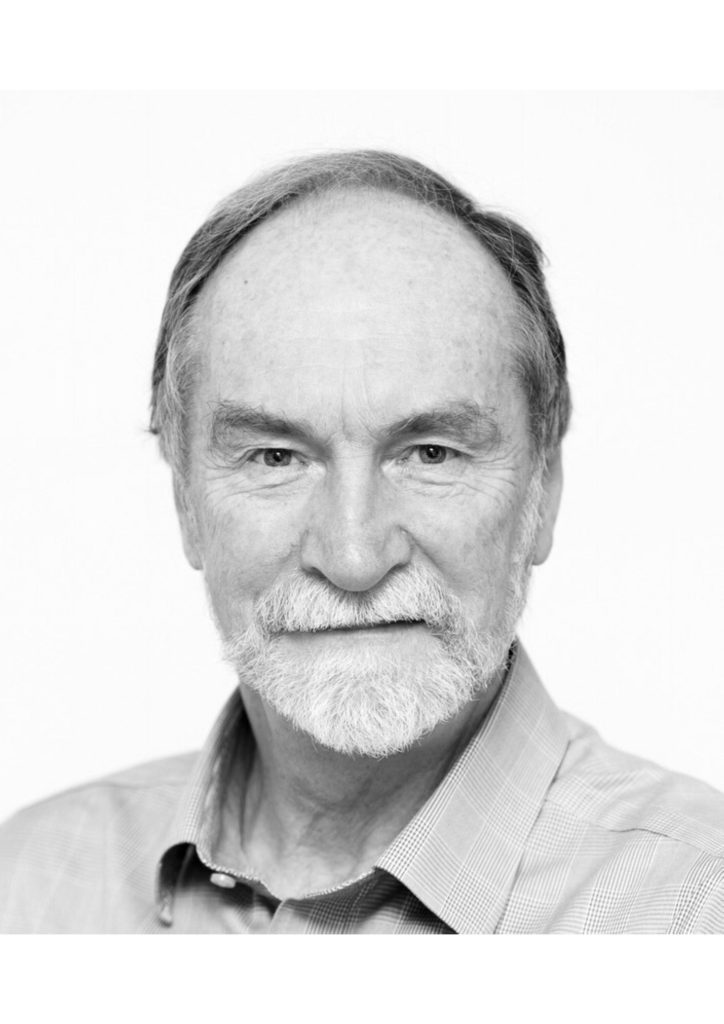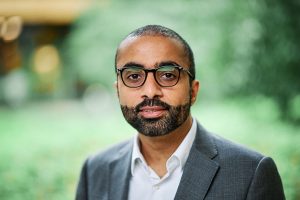Richard Canter is Visiting Professor of Surgical Education in the Nuffield Department of Surgical Sciences, University of Oxford.
Richard Canter qualified in medicine at the University of London in 1976, before becoming a surgeon at the Royal United Hospital, Bath. He completed a PhD in Management at the University of Bath in 1998 studying the nature of power in decision-making at the personal and organisation level in healthcare. Following the critical Kennedy report on surgical training in 2001, he was recruited to the Royal College of Surgeons of England as Deputy Director of Surgical Education with specific responsibility for curriculum development in surgical education in England. He was subsequently Head of the Postgraduate School of Surgery in Bristol until 2012, after which he concentrated on academic work at Oxford. He was appointed a visiting Professor in Oxford in in 2007, Emeritus Consultant at Oxford University Hospitals in 2015, and Associate Fellow at Green Templeton College, Oxford in 2015.
His interests are professionalism and, in particular, its relationship to leadership in healthcare systems. His current specific research interests are the effectiveness or otherwise of leadership education in respect of its impact on quality improvement in healthcare systems.
At the Royal College of Surgeons of England he was clinical lead and Chair of the Needs Analysis Group evaluating educational resources and organisational systems necessary for the implementation of reform of surgical training, and made recommendations for changes that were eventually adopted by all surgical training systems in the United Kingdom. During this appointment an opportunity arose in early 2003 at the end of the Serbian conflict to assist the European Agency for Reconstruction (EAR, a division of the EEC) in providing advice to the Kosovan Ministry of Health to develop new systems for surgical training.
Currently at Oxford, he is lead tutor for the module in Leadership and Management in Healthcare and Deputy Director of the Masters in Surgical Science, and supervises Masters and DPhil students on the subject of organisational change and leadership. In addition he has regular commitments in teaching postgraduate medical trainees and medical faculty on topics such as leadership, quality improvement, educational theory in healthcare, workplace assessments, supporting and talent managing medical trainees, as well as occasional commitments to supervising students on the Said Business School Global Opportunity and Threats (Oxford) programme in exploring problems in complex systems.
Along the way he has written and spoken on many topics in medicine, obtained research grants, and has unexpectedly been given fellowships and medals. His main interest outside of work is playing music and he runs the Green Templeton College Big Band.







